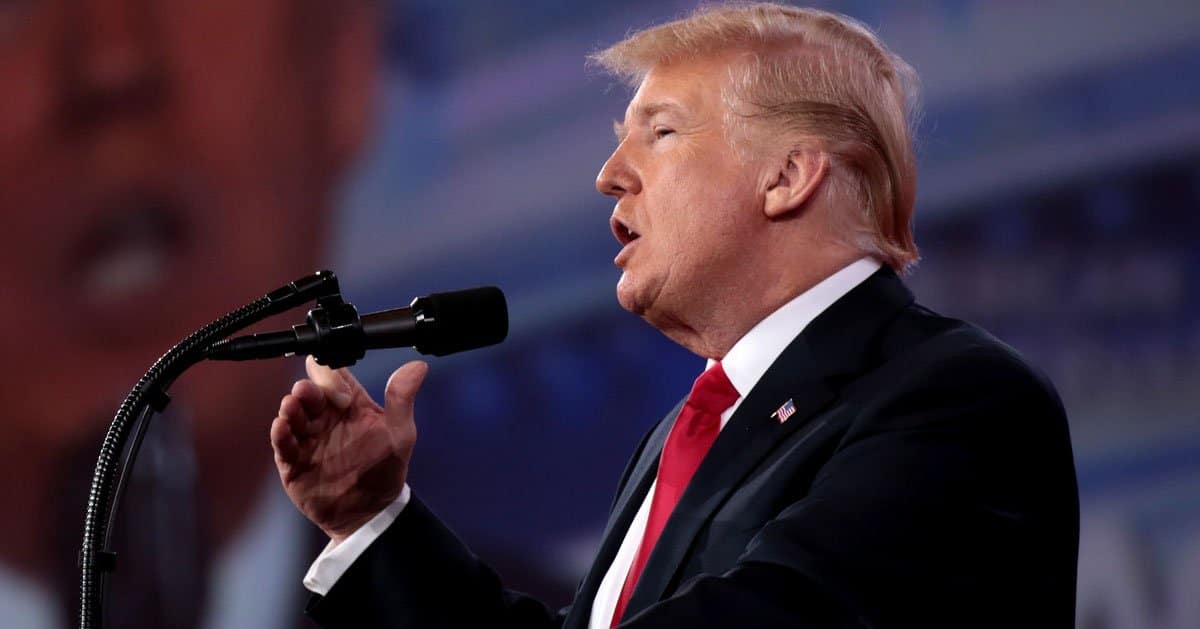






Amidst the fervor of the 2024 presidential campaign, a controversy involving Vice President Kamala Harris and Rev. Al Sharpton has ignited a call for scrutiny.
EUR Web reported that The National Black Church Initiative has called for investigations into the ethics of payments made by Kamala Harris’ campaign to Sharpton’s National Action Network, aligning with a favorable interview on MSNBC.
The controversy centers around two substantial donations made by Vice President Kamala Harris' campaign to the National Action Network (NAN), an organization led by Rev. Al Sharpton. Records from the Federal Election Commission reveal donations of $250,000 on September 5 and another $250,000 on October 1.
These payments coincided with an interview of Vice President Harris by Rev. Sharpton on MSNBC, raising questions about the relationship between the donations and the media coverage.
Anthony Evans, President of the National Black Church Initiative, has voiced significant concerns regarding the potential ethical and moral conflicts these transactions might represent.
In light of the donations, NBCI has questioned the integrity of journalism, suggesting that these financial contributions may influence media representation. This critique stems from a broader concern about the role of money in politics and its impact on media transparency.
The NBCI's official statements on social media have been particularly strident. They expressed dismay that financial contributions might be necessary to secure favorable media exposure, reflecting a broader apprehension about the erosion of ethical journalism.
“This payment calls into question Rev. Sharpton’s journalism ethics. Do you have to pay Al Sharpton through a donation to his organization to get on his show or get a favorable interview?” the NBCI posted on Facebook.
Amid these allegations, MSNBC has responded by clarifying their lack of awareness concerning the financial transactions between Harris’ campaign and NAN.
The call by NBCI for full disclosure of the transactions emphasizes a desire for transparency. They demand detailed explanations regarding the beneficiaries and the specific use of the donated funds.
"For many ministers, this type of action puts a moral stain on the integrity of the Black church," NBCI further articulated on Facebook. The group insists that Rev. Sharpton should fully disclose the nature of the $500,000, the reasons behind the transactions, and detail any personal benefits derived from these funds.
Anthony Evans expressed a mixed sentiment towards Rev. Sharpton, acknowledging his significant standing within the Black community while also highlighting the ethical dilemmas posed by the donations.
“Rev. Sharpton is loved and admired by many in our coalition, but that doesn’t take away from the fact that he is facing significant moral and journalism ethics regarding this payment or donation,” stated Evans.
The revelations have sparked a broader debate on the ethics of political campaigns engaging with media figures and organizations.
This issue taps into ongoing concerns about the influence of money in American politics and the potential for it to undermine journalistic integrity.
As the story unfolds, both the public and other media outlets will likely watch closely how both Harris' campaign and Sharpton's organization address these concerns and what actions, if any, are taken by regulatory bodies.

